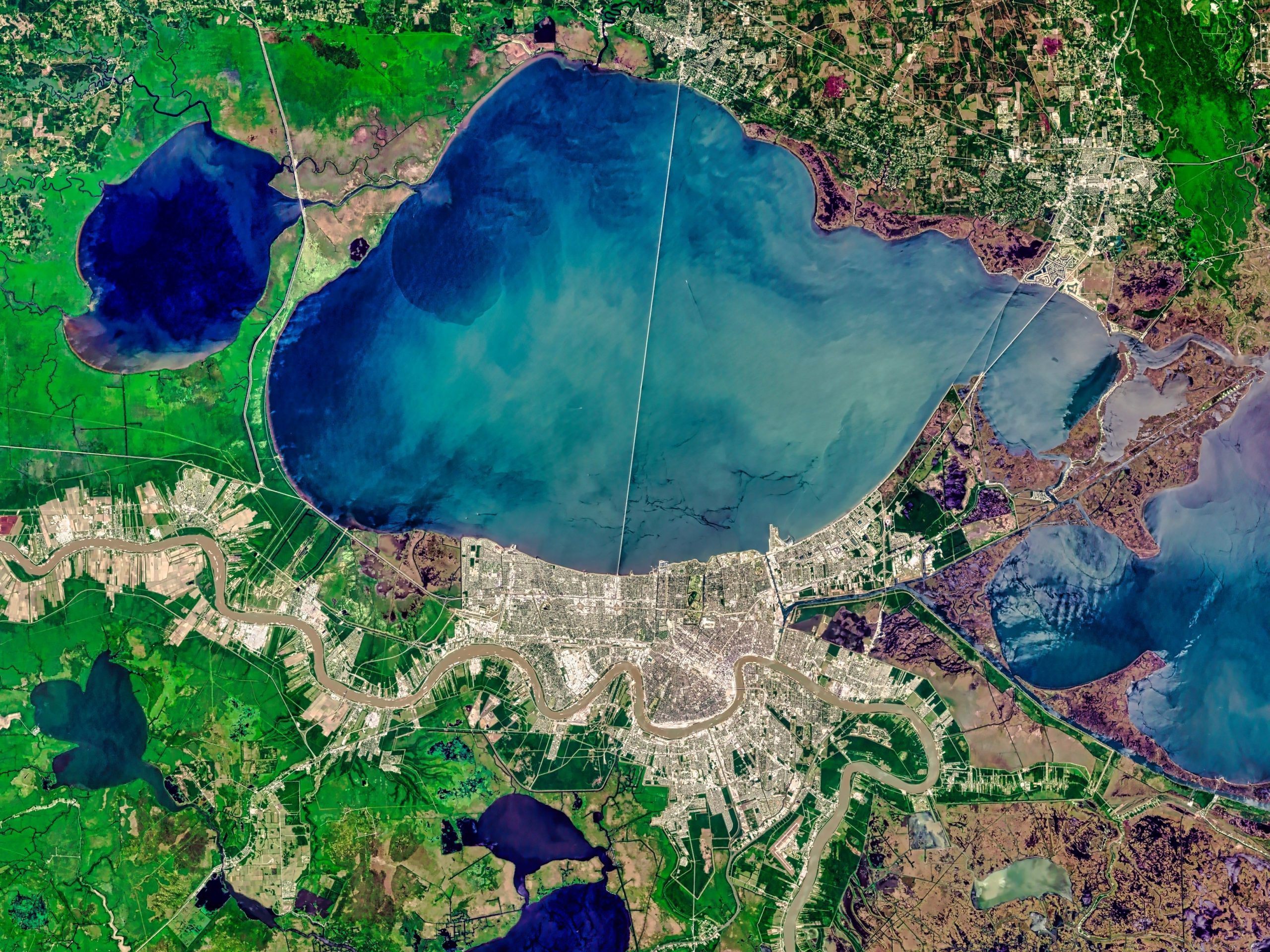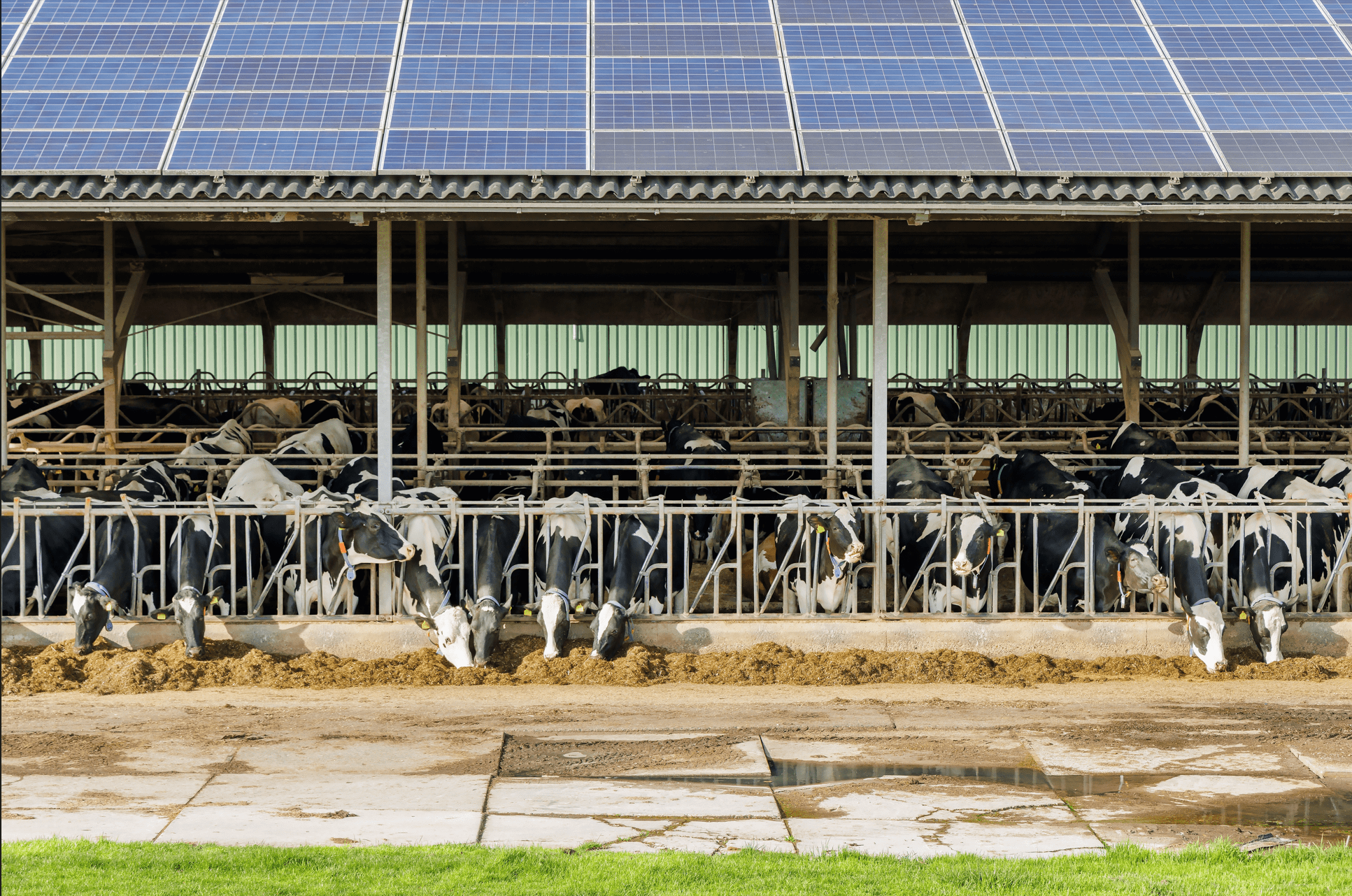
As we approach the end of the fiscal year, House Republicans are seeking to reduce infrastructure funding in an effort to diminish the national debt. These actions are a part of annual federal budget appropriations as well as legislation.
The most substantial proposed cuts to water infrastructure involve the State Revolving funds, the preeminent federal sources of state funding for drinking water and wastewater. All in all, the House has proposed taking away $1.7 billion in funding from the Drinking Water State Revolving Fund (DWSRF) and the Clean Water State Revolving Fund (CWSRF), reducing their base appropriations by 64 percent. DWSRF funding to extract and replace lead waterlines in schools and low-income communities are also cumulatively losing $85 million in funding.
Table 1: Recent base appropriation funding for State Revolving Funds
| Program | FY2022 | FY2023 | Proposed FY2024 | Percentage cuts from FY23-FY24 |
| DWSRF | $1,126,088,000 | $1,126,101,000 | $460,611,000 | -59% |
| CWSRF | $1,638,826,000 | $1,638,861,000 | $535,000,000 | -67% |
Source: Environmental Protection Agency DWSRF and CWSRF Annual Allotment of Federal Funds and Fiscal Year 2024 Interior, Environment, and Related Agencies Bill.
These proposed cuts are poised to undermine the $15 billion in supplemental funding for the State Revolving Loan funds provided by Infrastructure Investment and Jobs Act (IIJA). These funds were allocated to address America’s aging water infrastructure, emerging contaminants like PFAS, and drinking water quality problems like lead pipelines.
Health-based drinking water quality violations persist across the U.S. and affect millions each year. Currently, about a fifth of domestic water systems contain emerging contaminants such as PFAS. And a 2023 EPA survey found that over nine million lead pipes are in use across the nation. Unsafe drinking water disproportionately impacts communities of color. A 2021 analysis of the EPA water system violations by the Guardian found that systems in counties with greater than 25 percent Latine populations are experiencing water contamination at twice the rate of the average water system. Moreover, communities with higher proportions of Black and Latine residents are more likely to be exposed to harmful levels of PFAS than other communities.
A different bill HR 2811, targets water funding more indirectly by reducing the operating budgets of the EPA and DOI, two federal agencies largely responsible for the implementation of IIJA and IRA water programs. HR 2811 has passed the House, but it is not expected to become law.
This conflict is particularly interesting given that State Revolving Fund programs have historically found support from both sides of the aisle. There are myriad systemic issues to address in our drinking water system. And, given the disproportionate drinking water quality impacts experienced by Black and Brown communities; the funding cuts could limit efforts to address environmental injustices in our water system.
President Joe Biden has indicated that he intends to veto this version of the budget, also raising whispers of a potential government shutdown. Congress must keep working to pass a budget before the new fiscal year begins on October 1st, so stay tuned over the next month to see how things progress.


